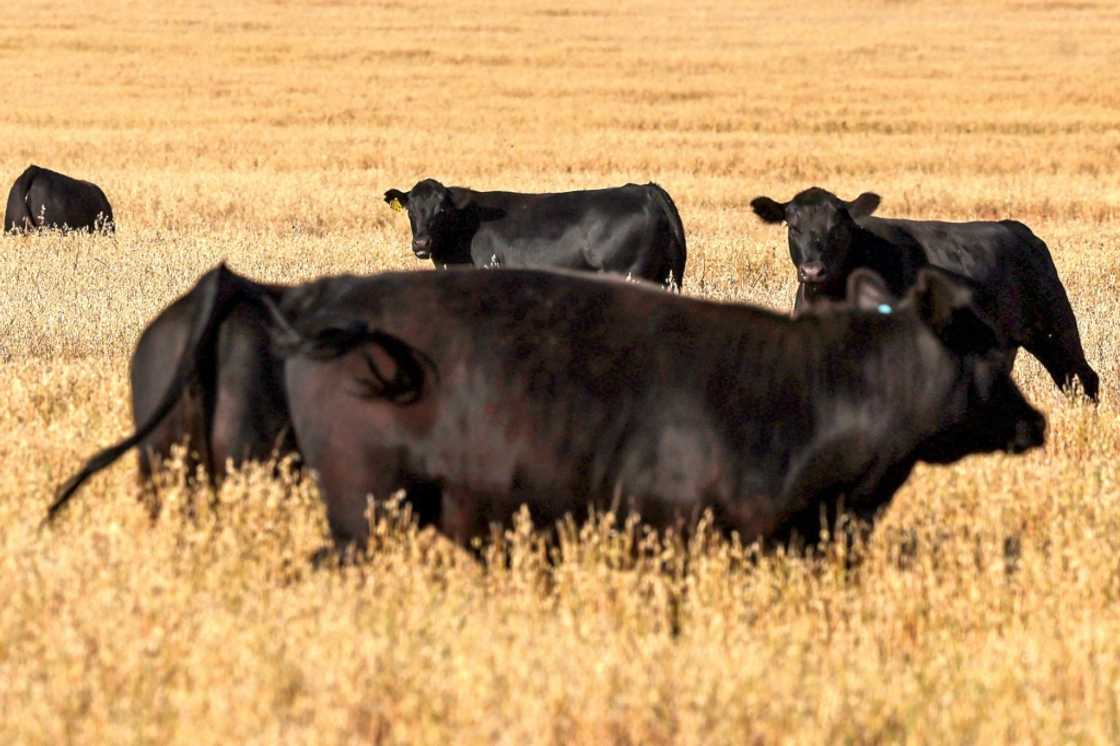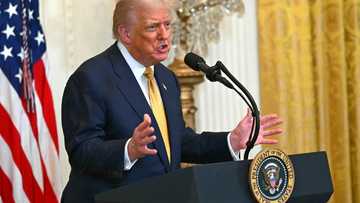Australia lifts trade barriers on US beef

Source: AFP
Australia said Thursday it would lift trade barriers on beef from the United States, removing a major point of friction between Canberra and the Trump administration.
US President Donald Trump singled out Australia as he unveiled his "Liberation Day" tariffs in April, accusing the close ally of banning American meat while cashing in on exports to the United States.
Australia's stringent biosecurity rules block imports of cattle slaughtered in the United States, but born in Canada or Mexico.
Threatened with 10 percent tariffs on beef shipped to the United States, one of its largest red meat markets, Australia has now dropped these barriers.
Agriculture minister Julie Collins said the United States had adopted new quality controls that soothed Australia's worries.
"The Department of Agriculture, Fisheries and Forestry is satisfied the strengthened control measures put in place by the US effectively manage biosecurity risks," she said in a statement.
"Australia stands for open and fair trade -- our cattle industry has significantly benefited from this."
Australia suspended US beef imports in 2003 after an outbreak of mad cow disease, a fatal and infectious condition that slowly eats away at the nervous system of cattle.
Most of these restrictions were lifted in 2019, although some barriers remained on cattle slaughtered in American abattoirs but born elsewhere.
Trump said Australians were "wonderful people" but accused them of banning US beef while exporting billions of dollars worth of meat to America.
"They don't take any of our beef," he complained in April.
'Won't let us'
US Commerce Secretary Howard Lutnick -- one of the architects behind the US tariff blitz -- had also namechecked Australia.
"Our farmers are blocked from selling almost anywhere. Europe won't let us sell beef, Australia won't let us sell beef," Lutnick said earlier this year.
Almost five percent of all the beef eaten in America is Australian, and that largely goes into burgers.
In the first three weeks of July, Australia shipped almost 25,000 tonnes of beef and veal to the United States, official figures show.
Australian Prime Minister Anthony Albanese has been unusually frank in his condemnation of Trump's trade war against allies and foes alike.
"This is not the act of a friend," Albanese said in April after the first wave of tariff announcements.
"These tariffs are not unexpected, but let me be clear, they are totally unwarranted," he said.
"This will have consequences for how Australians see this relationship."
Source: AFP



